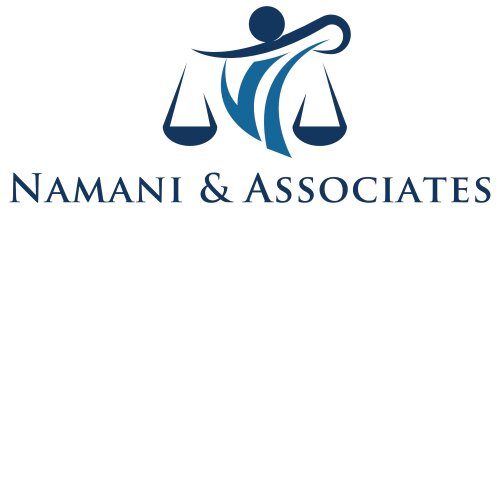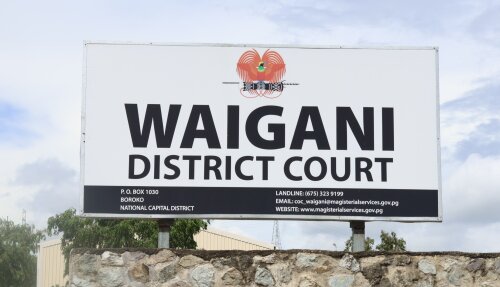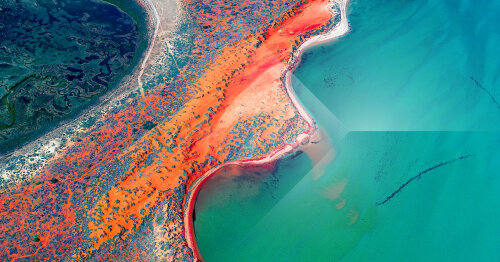Best Class Action Lawyers in Papua New Guinea
Share your needs with us, get contacted by law firms.
Free. Takes 2 min.
Or refine your search by selecting a city:
List of the best lawyers in Papua New Guinea
About Class Action Law in Papua New Guinea
Class action lawsuits are a legal mechanism that allows a group of people who have suffered similar harm to file a lawsuit collectively against a defendant. In Papua New Guinea, class actions are relatively new and not as common as in other jurisdictions, such as the United States or Australia. However, they can be a powerful tool for those seeking redress for mass wrongs, such as environmental damage or consumer rights violations. The legal framework for class actions in Papua New Guinea is still developing, and ongoing legal reforms aim to make such actions more accessible and effective.
Why You May Need a Lawyer
There are several situations in which individuals or groups may require legal assistance with class actions in Papua New Guinea. Some common scenarios include:
- Environmental disasters affecting a large community, such as oil spills or illegal mining operations.
- Consumer protection violations, where businesses may have sold faulty products or engaged in deceptive practices.
- Employment law issues, such as widespread wage theft or unfair dismissal practices affecting multiple employees.
- Human rights abuses, where specific actions have had a wide-reaching impact on a community or group.
In these situations, a lawyer can help organize the class, navigate the legal system, and represent the group in court.
Local Laws Overview
The legal system in Papua New Guinea is based on a combination of customary law and common law principles inherited from colonial times. Key aspects of the law relevant to class actions include:
- Judicial Precedent: Papua New Guinea follows the common law tradition of judicial precedent, meaning that court decisions can influence future cases.
- Representation Orders: For a class action to proceed, the court must issue a representation order, allowing one or more individuals to represent the entire class.
- Criteria for Class Actions: The group must demonstrate commonality of issues, adequacy of representation, and numerosity of the class members.
- Remedies Available: Remedies in class actions may include compensation, injunctions, or other forms of restitution.
Frequently Asked Questions
What is the first step in initiating a class action?
The first step is to organize the individuals affected and consult with a lawyer to assess the viability of the case and the common issues involved.
How long does a class action take to resolve?
The duration of a class action can vary significantly based on the complexity of the case, the number of parties involved, and court schedules, potentially taking several years.
Can anyone join a class action?
Typically, anyone who has suffered harm under the same circumstances as the primary plaintiffs can join the class action, subject to the court's approval.
What are the costs involved in a class action?
Costs can include legal fees, court fees, and expenses related to evidence collection. Many lawyers work on a contingency fee basis, meaning they only get paid if the case is successful.
Are there any risks associated with joining a class action?
Risks can include the potential for an unfavorable outcome, legal costs (if not on contingency), and the time commitment involved in participating in the legal process.
How are damages awarded in a class action distributed?
Damages awarded are typically distributed among the class members based on the level of harm suffered, as determined by the court.
Can a class action be settled out of court?
Yes, class actions can be settled out of court if the terms are agreed upon by all parties and approved by the court.
What happens if the court does not certify the class?
If the class is not certified, the group cannot proceed collectively, but individuals may still pursue their own separate claims.
Do I need to actively participate in the class action as a member?
While primary plaintiffs may need to be more involved, other class members may only need to remain informed and occasionally provide information or attendance as required.
How confidential is the process?
Class actions are public proceedings, but some information may be kept confidential under specific conditions as determined by the court.
Additional Resources
For those seeking more information or assistance, consider reaching out to the following resources in Papua New Guinea:
- PNG Law Society: Provides information on legal aid and lawyer referrals.
- Department of Justice and Attorney General: Offers guidance on legal processes involving class action cases.
- Environmental Law Centre: A non-profit organization focusing on environmental law issues, which may include class actions related to environmental harm.
- Consumer Affairs Council: Assists with consumer protection issues that could lead to class actions.
Next Steps
If you believe you have grounds for a class action, the following steps can guide your next moves:
- Consult a Lawyer: Seek legal advice to evaluate the merits of your case and understand the procedural requirements.
- Gather Evidence: Collect relevant documentation, witness statements, and any other evidence supporting the claims.
- Engage Affected Parties: Communicate with other affected individuals to form a collective class and build a stronger case.
- File the Suit: Work with your lawyer to initiate the legal process and file the necessary paperwork in court.
- Stay Informed: Keep abreast of developments in your case and maintain communication with legal representation and fellow class members.
Remember, class actions can be complex and lengthy processes, so engaging experienced legal professionals will be crucial to navigate them effectively.
Lawzana helps you find the best lawyers and law firms in Papua New Guinea through a curated and pre-screened list of qualified legal professionals. Our platform offers rankings and detailed profiles of attorneys and law firms, allowing you to compare based on practice areas, including Class Action, experience, and client feedback.
Each profile includes a description of the firm's areas of practice, client reviews, team members and partners, year of establishment, spoken languages, office locations, contact information, social media presence, and any published articles or resources. Most firms on our platform speak English and are experienced in both local and international legal matters.
Get a quote from top-rated law firms in Papua New Guinea — quickly, securely, and without unnecessary hassle.
Disclaimer:
The information provided on this page is for general informational purposes only and does not constitute legal advice. While we strive to ensure the accuracy and relevance of the content, legal information may change over time, and interpretations of the law can vary. You should always consult with a qualified legal professional for advice specific to your situation.
We disclaim all liability for actions taken or not taken based on the content of this page. If you believe any information is incorrect or outdated, please contact us, and we will review and update it where appropriate.
Browse class action law firms by city in Papua New Guinea
Refine your search by selecting a city.















